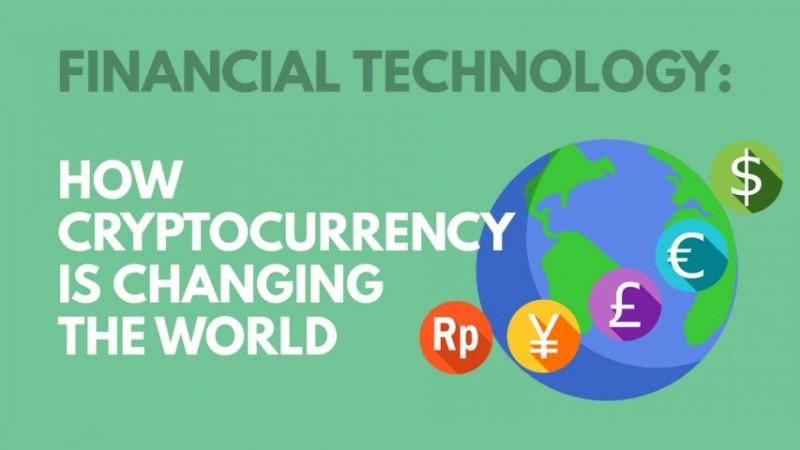In a circular issued on April 6, 2018, RBI had issued a ban on cryptocurrency trading in the country and directed that all of its regulated financial entities should not deal in cryptocurrencies or provide facilitation banking services to any individual user or business dealing in crypto in one form or another. The regulated financial entities that were already providing such services were asked to exit the crypto operating space within three months post-issuance of the order.

The Supreme Court of India quashed the RBI ban on financial firms trading in cryptocurrencies yesterday. However, the industry continues to be wary of taking the next bold steps considering the fact that the government has publicly been against crypto exchanges in India.
In light of the draft bill earlier proposed, banning the use of cryptocurrency in India and issuing a jail term for those dealing in it, the SC's verdict might provide little relief to improve investor confidence in virtual currencies in India. But there is a bill that still awaits resolution with discussion by regulatory authorities underway. Regulations are important for users, a framework for cryptocurrency trading in the country is much-needed.
The SC ruling is now passed on the grounds of lack of evidence that suggests cryptocurrencies pose a threat to the Indian banking system. The RBI ban was thus called off on "the grounds of proportionally" not aligned to the huge risks sought by the user.
What does the SC ruling mean?
The SC ruling means global businesses can now operate in the market and Indian startups can look at opportunities in the crypto space. But the ruling in itself is just the beginning. Without regulations and a solid legal system, it is difficult for operators to function in crypto exchanges. Until the regulations are clearly specified, the Indian market is not really open towards global cryptocurrency businesses and exchanges to operate in the country. It will continue to be a not-so concrete market for firms to explore.
The ruling, however, assures businesses on the legality of cryptocurrencies questioned earlier, with banks being barred from dealing in crypto. Weighing out on the impact of this move on the industry, no fresh investments will be seen in the crypto sector, but businesses who have already set up their shop will continue to benefit. Indian exchanges that had closed doors post the RBI ban in 2018 will re-open for trade possibly. Also, trading in crypto will now see a sharp increase.

According to a common consensus, experts are of an opinion that it is too early to comment on the impact of the SC ruling in the crypto space, but at the outset, it seems that common sense survived through it all, and the ruling could just mean a start for positive regulation in favour of safe crypto trading to be announced soon.
What happened after the ban got lifted?
Hours later after the RBI ban on crypto got lifted, an Indian cryptocurrency exchange, Mumbai-based CoinDCX announced the integration of bank account transfers to become the first platform in India to promptly act on the ruling. It further stated users can now purchase cryptocurrencies with the Indian rupee.
Sumit Gupta, co-founder and Chief Executive, CoinDCX said, "With renewed accessibility and convenience in purchasing cryptocurrencies, we believe that this change will have a dramatic effect in accelerating crypto adoption in India."
It is not yet clear if CoinDCX has struck a partnership with an Indian financial institution (s) to integrate bank accounts and facilitate bank transfers.
The anonymity of transactions, volatility and fluctuating market value makes it really difficult for RBI to regulate cryptos. The central government is deliberating implementation of a monitoring mechanism for virtual currencies such as crypto and others.















